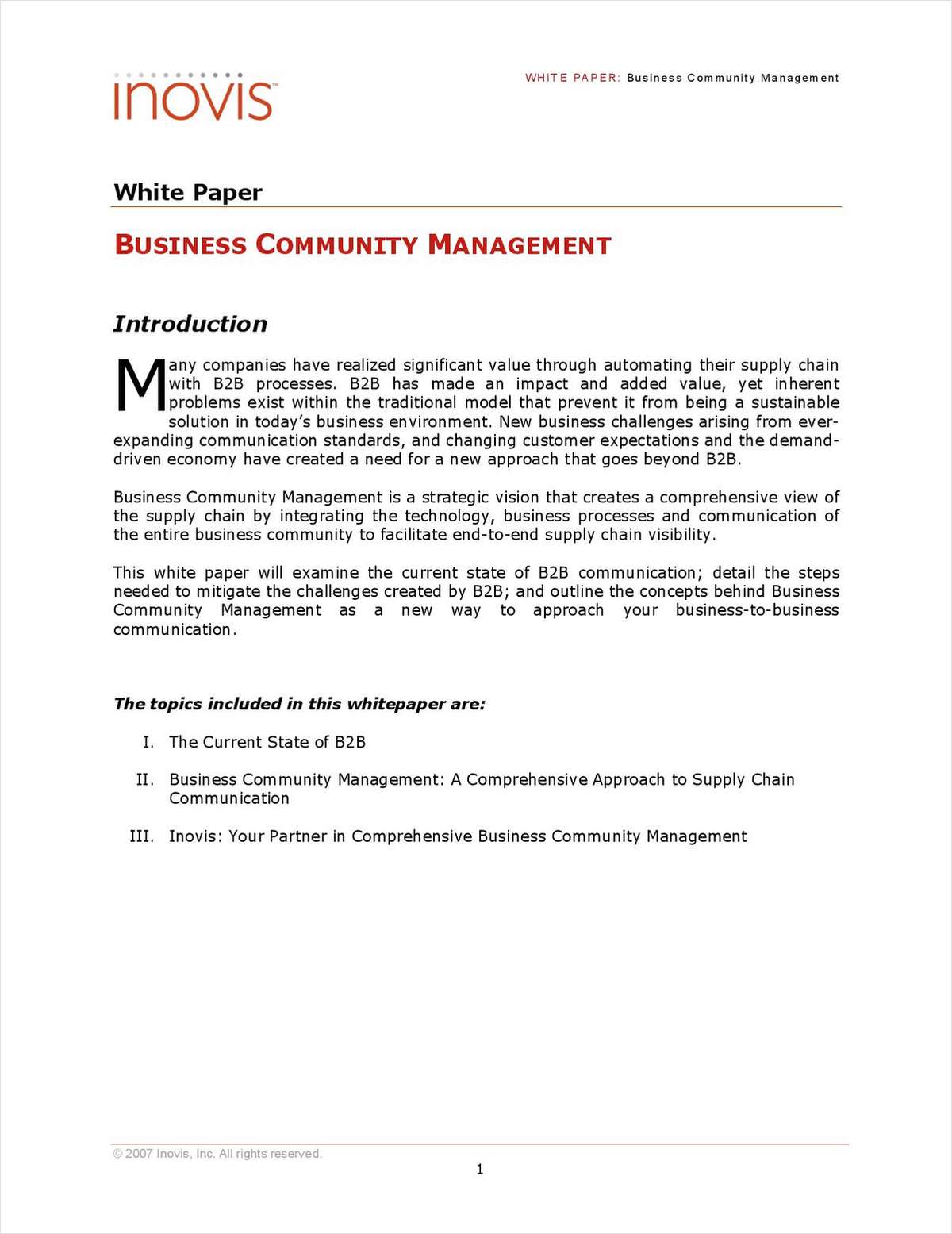The Impact of Global Trade Policies on B2B Partnerships

The Impact of Global Trade Policies on B2B Partnerships
In today’s interconnected world, global trade policies play a crucial role in shaping the dynamics of business-to-business (B2B) partnerships. These policies, which govern how goods and services move across borders, influence everything from pricing and supply chains to risk management and strategic planning. For B2B companies, understanding and adapting to shifting trade regulations is no longer optional-it’s essential for building strong, resilient partnerships that can thrive in a complex global economy.
Trade policies are often shaped by a combination of economic priorities, political interests, and international relations. Changes such as new tariffs, trade agreements, or export restrictions can have immediate ripple effects on businesses that rely on cross-border cooperation. For B2B partnerships, this means companies must be agile and proactive in navigating these shifts to maintain smooth operations and mutual trust.
One of the most direct impacts of global trade policies on B2B partnerships is on supply chain management. When tariffs rise or import quotas are introduced, costs can increase unexpectedly, squeezing margins or forcing companies to renegotiate contracts. B2B partners must work closely to find solutions-whether that’s sourcing from alternative suppliers, adjusting product specifications, or optimizing logistics. These challenges often highlight the importance of transparency and communication; partners who share information openly can collaborate on contingency plans that reduce disruptions.
Moreover, trade policies influence the strategic decisions B2B companies make about market expansion and partnership development. Favorable trade agreements can open doors to new regions, encouraging businesses to form alliances and tap into emerging markets. Conversely, protectionist policies or geopolitical tensions can create barriers, prompting companies to reconsider their global footprint or diversify their partnerships to spread risk.
Beyond logistics and strategy, global trade policies also affect compliance and legal frameworks within B2B relationships. Navigating customs regulations, adhering to import/export controls, and managing documentation requirements require specialized knowledge and attention to detail. Businesses often rely on their partners for expertise or support in these areas, underscoring how regulatory complexity can deepen collaboration or, if mishandled, strain partnerships.
Trust plays a central role amid these uncertainties. When trade policies shift rapidly, B2B partners who can adapt together build resilience and long-term value. It’s no longer enough to simply sign a contract; companies need ongoing dialogue, flexibility, and shared commitment to weather changes. Those that invest in understanding each other’s challenges and capabilities are better positioned to co-create innovative solutions that benefit both sides.
In addition, digital tools and data analytics are becoming increasingly vital in managing the impact of trade policies. Real-time tracking, predictive modeling, and automated compliance checks enable partners to anticipate potential disruptions and respond swiftly. This technological support enhances collaboration, making partnerships more agile and responsive in an ever-changing regulatory environment.
Looking ahead, the influence of global trade policies on B2B partnerships will continue to grow. As international trade becomes more complex, companies that prioritize transparency, adaptability, and mutual support will stand out. By embracing these principles, B2B partnerships can not only survive the challenges of fluctuating trade rules but thrive-turning uncertainty into opportunity and forging stronger connections across borders.





















